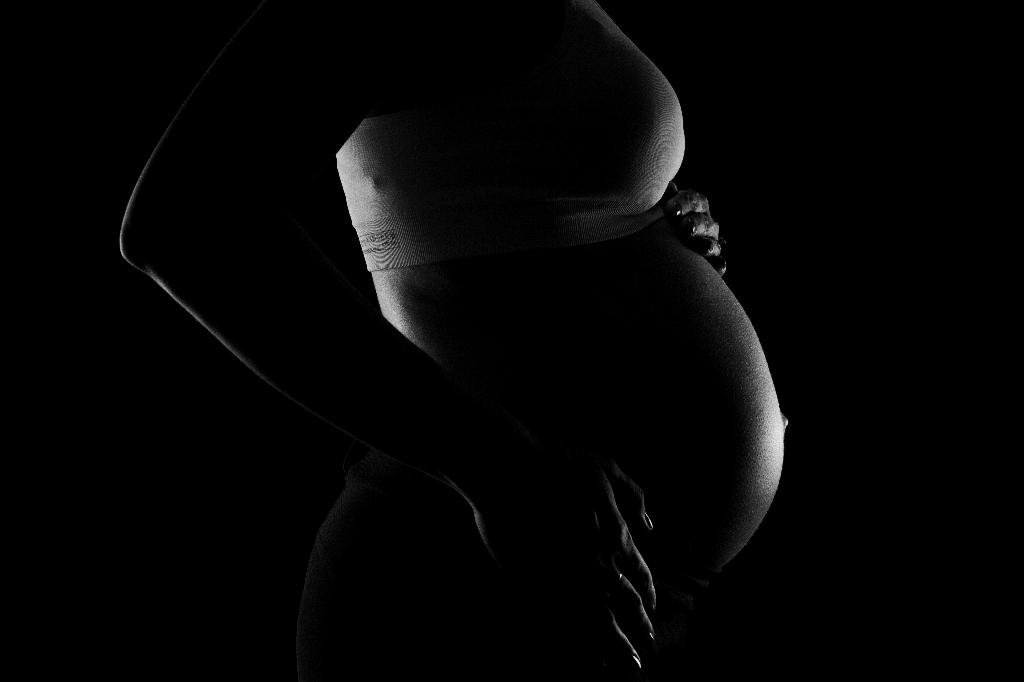Many women wonder if lower back pain can be an early indicator of pregnancy. It’s important to note that while back pain is commonly associated with later stages of pregnancy, it can also manifest in the early stages. Understanding the potential connection between lower back pain and pregnancy can help individuals recognize early signs of pregnancy.
Early Pregnancy Symptoms
Early pregnancy symptoms can vary from person to person, but some common signs include nausea, fatigue, and breast tenderness. Lower back pain is also among the symptoms that some women may experience in the early stages of pregnancy. As the body undergoes hormonal changes to support the developing fetus, it can lead to discomfort in the lower back area.
Causes of Lower Back Pain in Early Pregnancy
The causes of lower back pain in early pregnancy can be attributed to a variety of factors. Hormonal changes, such as an increase in progesterone levels, can lead to relaxation of ligaments and muscles in the pelvic area, which may result in strain on the lower back. Additionally, the shifting weight distribution as the uterus grows can also contribute to back pain.
Managing Lower Back Pain During Pregnancy
If you are experiencing lower back pain during pregnancy, there are several ways to help alleviate discomfort. Practicing good posture, engaging in gentle exercises like prenatal yoga, and using supportive pillows while sleeping can all help reduce back pain. It’s essential to communicate any persistent or severe pain to your healthcare provider to rule out any underlying issues.
Differentiating Between Pregnancy-Related Back Pain and Other Causes
While lower back pain can be a sign of pregnancy, it’s crucial to differentiate between pregnancy-related back pain and other potential causes. Factors such as preexisting back conditions, muscular strain from physical activities, or poor posture can also contribute to back pain. Consulting with a healthcare provider can help determine the specific cause of your back pain.
Seeking Medical Advice
If you are unsure about the cause of your lower back pain or if it persists or worsens, seeking medical advice is recommended. Your healthcare provider can perform a thorough evaluation to assess the underlying reason for your back pain and provide appropriate guidance on managing symptoms during pregnancy.
Importance of Self-Care During Pregnancy
Self-care plays a significant role in promoting overall well-being during pregnancy. Taking care of your physical health through proper nutrition, regular exercise, and adequate rest can help reduce the likelihood of experiencing discomfort, including lower back pain. Engaging in relaxation techniques such as prenatal massage or warm baths can also be beneficial.
Embracing Changes in the Body
Pregnancy is a transformative journey that involves numerous changes in the body. Embracing these changes, including physical discomforts like lower back pain, can help individuals navigate the pregnancy experience with greater ease. Staying informed about potential symptoms and seeking support when needed can enhance the overall pregnancy journey.
Connecting with Other Expectant Mothers
Joining support groups or connecting with other expectant mothers can provide a sense of community and understanding during pregnancy. Sharing experiences, including concerns about lower back pain, can offer reassurance and valuable insights. Building a network of support can help individuals feel more empowered and well-equipped to handle the challenges of pregnancy.
Final Thoughts
In conclusion, lower back pain can indeed be a sign of pregnancy, particularly in the early stages. Understanding the potential causes of back pain during pregnancy, practicing self-care, seeking medical advice when necessary, and connecting with a supportive community can all contribute to a more positive and informed pregnancy experience. Remember to listen to your body, prioritize your well-being, and embrace the journey ahead with confidence and resilience.

